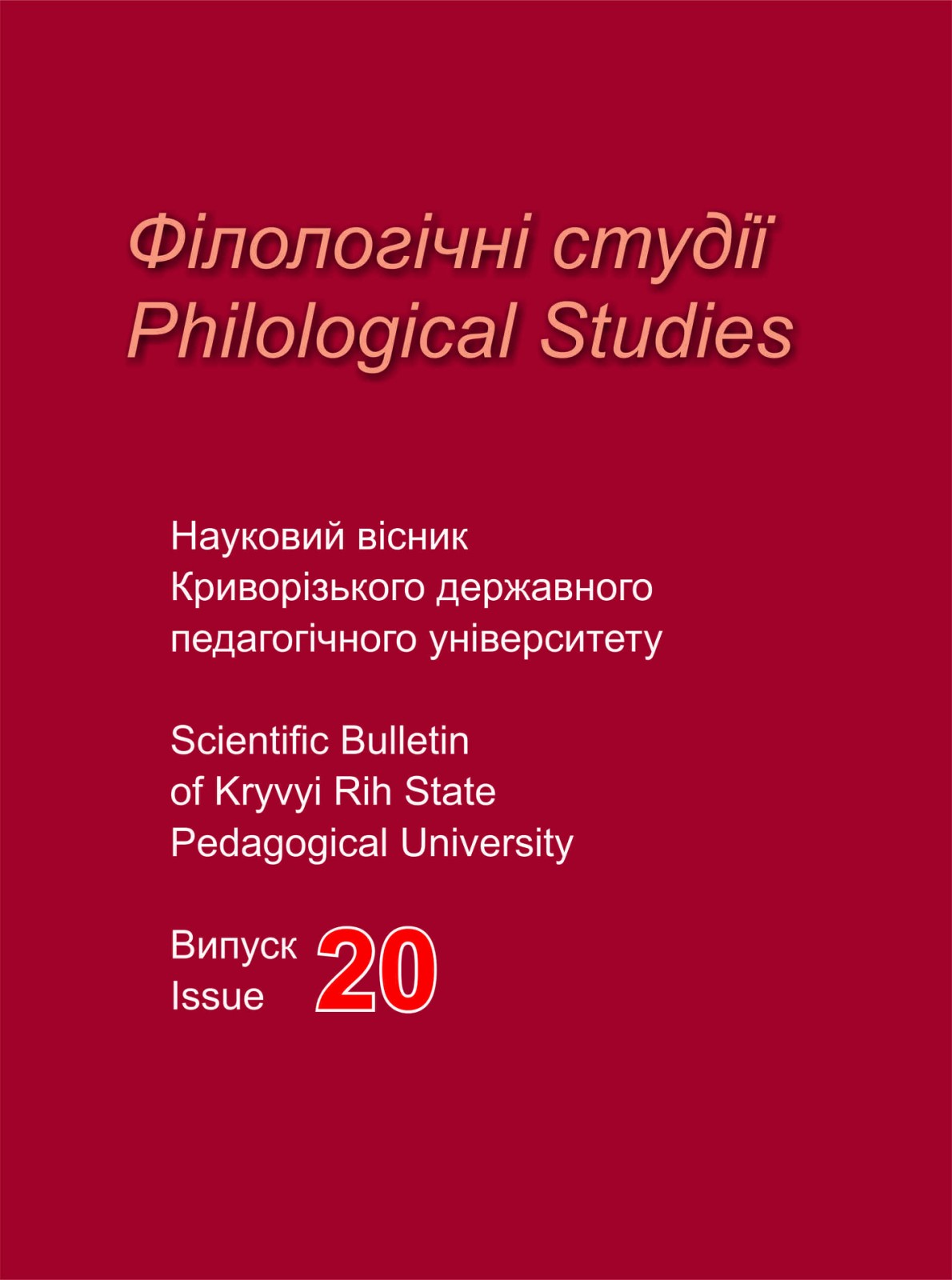Temporal semantics of the past in modern culinary discourse
DOI:
https://doi.org/10.31812/filstd.v20i0.3693Keywords:
culinary discourse, temporality, temporal, semantics, culinary recipeAbstract
The article deals with the representation of the temporal plane of the past in the texts of culinary recipes placed on three author culinary websites. The culinary recipe ceases to be an impersonal instruction, it is presented to a wide audience by a certain person, who brings to communication his / her own estimates and views, demonstrates his / her own experience, relays certain values and so on. This causes a change in the traditional structure of the recipe text, which becomes four-component and consists of the name, introduction, list of ingredients, description of actions.
The introduction is the most individualized part. It highlights author’s position. The temporal semantics of the past seems to be an important semantic component, in which three main aspects are emphasized: traditions, memories, experiences. Many of the dishes are described by the authors as traditional, ancient, and classic. Retelling of origin of dishes, origin of the names of dishes emphasizes their long standing.
The recipe authors give personal memories, tell about certain past events of their own lives, and describe their own culinary experience, attempts, experiments, feelings, obtained results. Cooks get rid of the abstractness of the text-instruction, bring it closer to real life, which moves from the past to the future, to some extent “enliven” the text, bringing an emotional component to it. Childhood memories hold a specific place, mostly what and how mother and / or grandmother cooked.
Such representation of the past emphasizes the importance of preserving and transmitting traditions; it is one of the means of forming the image of the addressant as an experienced cook, forming the addressee’s confidence in the proposed recipe. It facilitates a solution of the communicative aim – to determine the addressee to prepare the dish.The temporal semantics of the past in the texts of modern culinary Internet recipes reveals connections with the broad social context, communicative attitudes of the speaker and the image of the addressant.
Metrics
References
Їжа і філософія: їжте, пийте і будьте щасливі/ упоряд. Ф.Олгоф, Д.Монро, переклад П. Таращук. Київ: Темпора, 2011. 346с.
КовпікС. Поетика густативів (на матеріалі сучасної української прози): монографія. Київ: ТОВ“НВП Інтерсервіс”, 2018. 150с.
КозирєваЗ. Українська когнітосфера “Їжа” як предмет лінгвістичного дослідження. Науковий вісник кафедри Юнеско КНЛУ. Серія Філологія. Педагогіка. Психологія. 2014. Вип.29.С.48–55.
НіколенкоВ.В. Гастрономічнідетермінанти суспільного життя: соціологічний вимір : дис. ... д-ра соцiол. наук : 22.00.01 / Дніпропетровський національний університет імені Олеся Гончара. Дніпропетровськ, 2015. 441с.
WessellA., WishartA. Recipesforreadingculinaryheritage: FloraPellandhercookery book.ReCollections: Journal of the National Museum ofAustralia.2010. Vol.5. N.1. URL: http://recollections.nma.gov.au/issues/vol_5_no_1/






